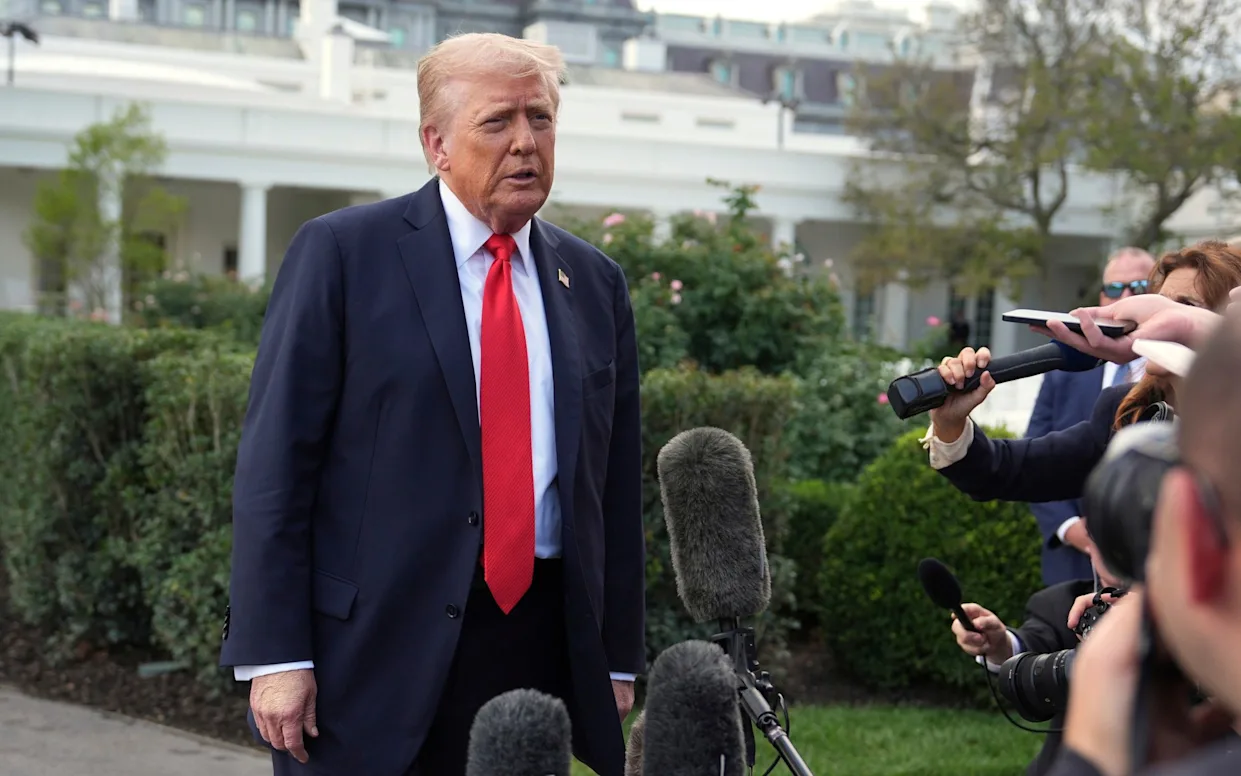President Donald Trump has announced that the United States will only impose new, sweeping sanctions on Russia if all NATO members collectively halt the purchase of Russian oil. The statement marks a significant shift in Washington’s approach, placing responsibility on European allies to align their energy policies with U.S. strategy.
A Conditional Sanctions Policy
Trump stressed that sanctions without unified NATO action would be “pointless,” signaling that countries such as Turkey, Hungary, and Slovakia — which continue importing Russian crude — must change course. His remarks also included calls for steep tariffs on Chinese goods, arguing that weakening Russia’s economic ties with China is essential to reducing Moscow’s ability to finance its war in Ukraine.
Mixed Reactions in Europe
The announcement has triggered unease across European capitals. Some governments already struggling with high energy costs worry about the economic fallout of cutting Russian supplies entirely. Others argue that Trump’s conditions could delay meaningful U.S. action, effectively giving Moscow more breathing space. Critics contend that the strategy risks placing too much burden on Europe, while limiting Washington’s own options.
Strategic Implications
The move highlights broader geopolitical tensions. By linking sanctions to NATO’s collective energy decisions, Trump is pressuring allies to close ranks — but at the risk of exposing divisions within the alliance. For Moscow, the stance provides an opportunity to exploit differing energy dependencies among NATO states.
Meanwhile, in the U.S., lawmakers are weighing proposals for stricter measures, including penalties on third countries that continue trading with Russia. Analysts warn that if NATO fails to unify, the credibility of future sanctions could be undermined.
What Lies Ahead
Observers are watching closely to see whether NATO nations can reach a consensus on Russian oil. Any agreement would mark a significant escalation in the West’s economic pressure campaign. However, if divisions persist, Trump’s conditional approach may slow the pace of new sanctions — potentially reshaping both the transatlantic alliance and the global energy market.
















Leave a Reply